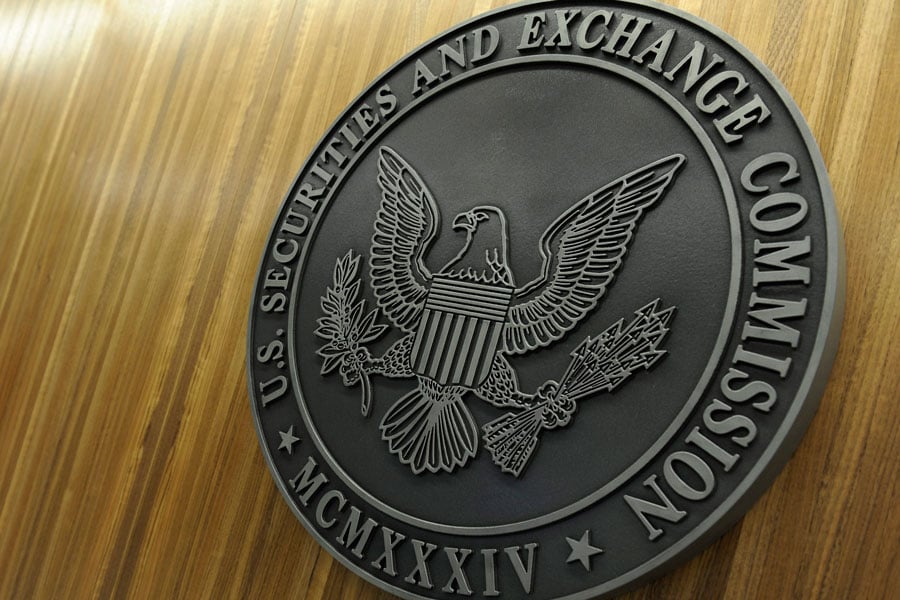Investment advisers may want to consider offsetting their advisory fees when they take revenue-sharing payments from funds following the release of a Securities and Exchange Commission analysis of potential conflicts of interest, according to experts.
The SEC on Friday
posted a seven-page document listing frequently asked questions about required disclosures of conflicts related to compensation advisers receive for recommending certain investment products. The FAQ focused on 12b-1 fees and revenue-sharing related to mutual funds and on payments from clearing brokers.
"SEC examinations staff have observed and enforcement cases have illustrated that, in some instances, investment advisers have not appropriately addressed these conflicts of interest," the FAQ states.
The document outlines examples of conflicts and how advisers should disclose and address them, reminding advisers that telling clients they "may" have a conflict knowing they are already receiving revenue-sharing payments is inadequate "when the conflict actually exists."
Although the FAQ is written in typically prosaic SEC language, it contains a tough message about revenue sharing, said Todd Cipperman, principal at Cipperman Compliance Services.
"The disclosure they're suggesting is so onerus and subjective that it will be very difficult to satisfy and cure this type of conflict of interest," Mr. Cipperman said. "The SEC staff is effectively outlawing revenue sharing unless the adviser rebates the compensation to clients. Disclosure alone may never be sufficient for an adviser to satisfy its fiduciary obligations."
Niels Holch, executive director of the Coalition of Mutual Fund Investors, said the FAQ is telling advisers to reconsider pocketing revenue sharing without giving their clients a related fee break.
"The SEC is highlighting this is as option an adviser should take a hard look at," Mr. Holch said.
[Recommended video: Financial planning wasn't even a thing 50 years ago]
In general, the FAQ theme is transparency.
"You need to make sure the client is aware of the conflict and has an opportunity to respond," Mr. Holch said.
The FAQ comes as the
SEC continues its crackdown on advisers who fail to disclose that they are recommending expensive fund share-classes — those with 12b-1 fees and revenue sharing — when less expensive share classes are available in the same fund.
The initiative has
drawn criticism from the financial industry, which says the SEC launched an enforcement sweep without clarifying the share-class disclosure standard.
The timing of the FAQ baffles a former SEC enforcement official.
"It is difficult to understand how the SEC has brought more than 100 enforcement cases alleging inadequate disclosure of conflicts arising from the receipt of 12b-1 fees and revenue sharing payments if the staff now thought it necessary to issue guidance as to the disclosure of the very conflicts its enforcement actions alleged were obvious," said Julie Riewe, a partner at Debevoise & Plimpton and former co-chief of the SEC Asset Management Unit.
The SEC has
reached settlements with 96 financial firms so far as a result of the share-class initiative.







